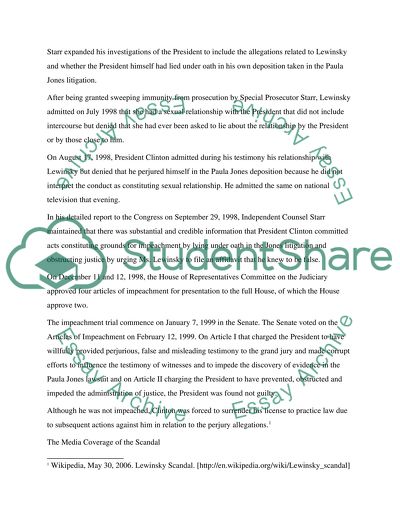Cite this document
(Media Trial Assignment Example | Topics and Well Written Essays - 1250 words, n.d.)
Media Trial Assignment Example | Topics and Well Written Essays - 1250 words. https://studentshare.org/media/1501149-media-trial
Media Trial Assignment Example | Topics and Well Written Essays - 1250 words. https://studentshare.org/media/1501149-media-trial
(Media Trial Assignment Example | Topics and Well Written Essays - 1250 Words)
Media Trial Assignment Example | Topics and Well Written Essays - 1250 Words. https://studentshare.org/media/1501149-media-trial.
Media Trial Assignment Example | Topics and Well Written Essays - 1250 Words. https://studentshare.org/media/1501149-media-trial.
“Media Trial Assignment Example | Topics and Well Written Essays - 1250 Words”. https://studentshare.org/media/1501149-media-trial.


